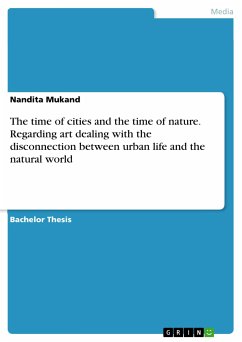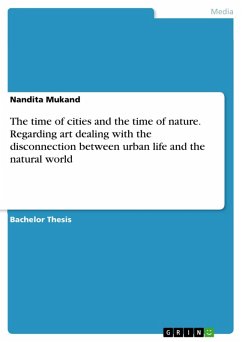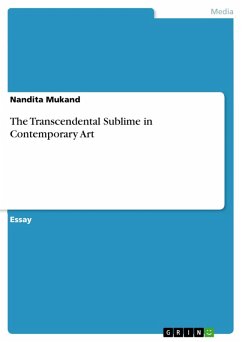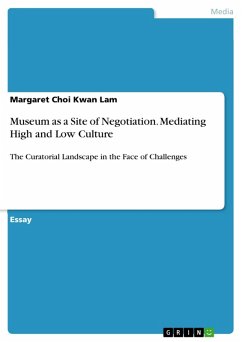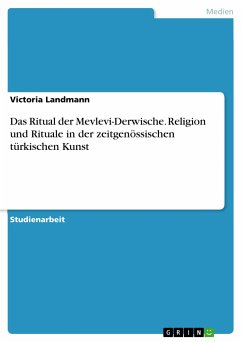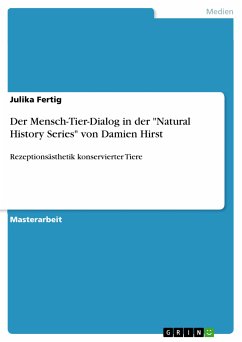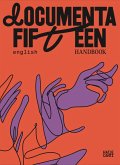Bachelor Thesis from the year 2014 in the subject Art - Miscellaneous, grade: 83%, , course: BA (Hons) Fine Arts, language: English, abstract: This thesis aims to understand the underlying motivations and contexts of artists who question the disconnection between urban life and nature especially with respect to aspects of time. The methodology used is largely about the analysis of artwork. The strategies adopted by the artists discussed here vary from critiquing the ambitions of city builders in their pursuit of controlling time to shunning urban time altogether and reaching for the rhythms of nature. In order to ground this understanding of artwork in the contemporary context the thesis explores how contemporary urban life changes our experience of time and how this separates us from the natural world. Theories regarding the relationship of the human, the natural world and the passage of time are covered in order to contextualize this analysis. These include the study of entropy by Robert Smithson, Martin Heidegger’s theory of the “earth and the world” and Georges Bataille’s ideas about the human impulse to annul the passage of time. The eastern philosophy of Zen and the aesthetics of Wabi Sabi that in many ways corroborate the ideas proposed by western thinkers have also been considered. It was concluded that the connection with the natural world is governed by the experience of time and its relationship to the human ego. The time of the cities is so controlled by the demands of the human ego that it is increasingly difficult for urban dwellers to connect with the time of nature that is beyond our control. It is only by immersing ourselves in the time of nature that we can distance ourselves from aspects of our ego (like desires, concerns, ambitions) and return to a state of connection.
Bitte wählen Sie Ihr Anliegen aus.
Rechnungen
Retourenschein anfordern
Bestellstatus
Storno

